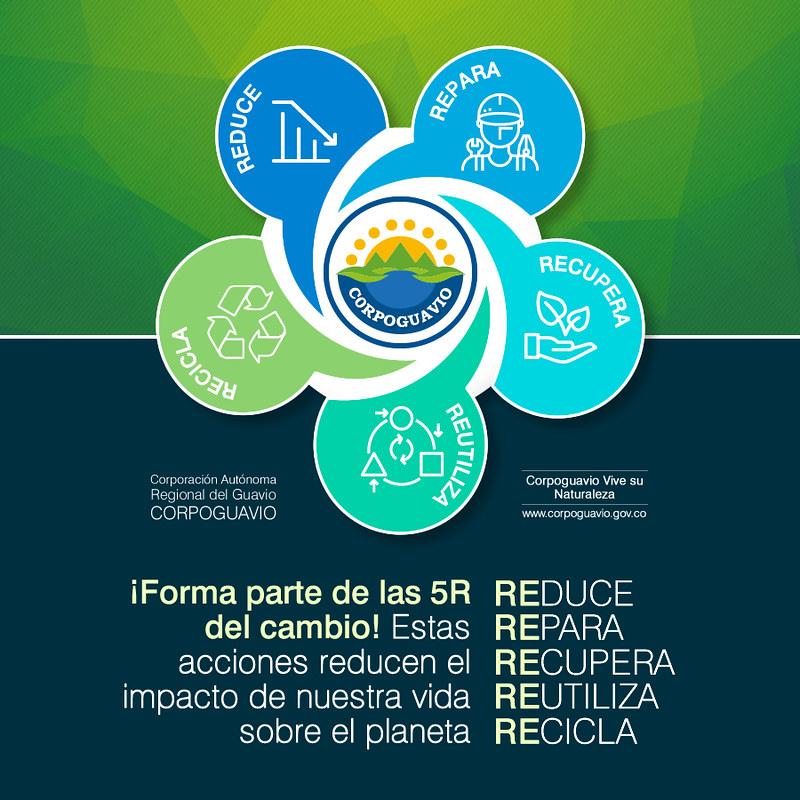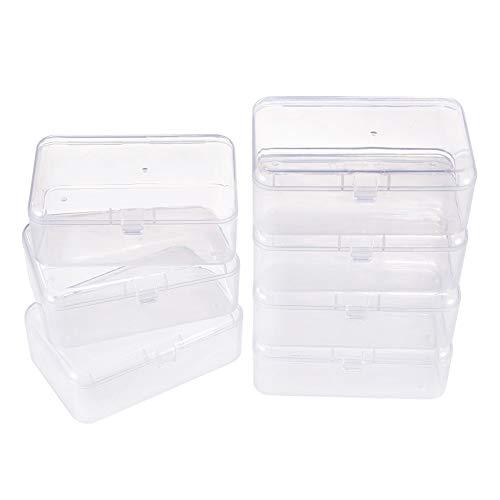Reduce, repair, reuse, recover and recycle garments, the most sustainable 5Rs that help to consume clothes without wasting and damaging the planet.
The textile industry, the second most polluting in the world, manufactures tons of clothing and only one percent is recycled, an abuse of natural resources that undermines the health of the earth.
World consumption of garments is 8.5 kilos per person, according to the Global Fashion Agenda, in its study Pulse of the Fashion Industry (2017), in which indicates that in 2030 102 million tons will be reached, which will mean an average consumption of 11.86 kilos per person.
Figures that produce chills, especially when it is known that, only in Spain each person generates 15 kilos of waste per year and 300 million are not recovered and are disposed of in landfills, according to the Iberian Association of Textile Recycling (ASIRTEX), which points to clothing as "the forgotten residue of the 21st century".
"It is preferable to bet on quality rather than quantity," Valentina Suárez-Zuloaga, co-founder of Es Fascinante, a platform that promotes sustainable design, artisanal fashion and the economy, explained to Efe local.
"Slow fashion made by hand and with quality fabrics is an investment", has assured Margarita Ruyra de Andrade, fifty percent of Es Fascinante, who ensures that this trend slows down consumer, in addition to being much more "smart and responsible" to invest in good quality parts than to buy more for less money.

Investment in quality pieces guarantees durability over time, that they pass from generation to generation and that they can be used throughout your life, an idea that is increasingly being delved into to preserve natural resources.
Do you have clothes in the attics that you haven't worn in years? How many identical t-shirts does he own? Do you still keep clothes from when you were in school? Do you treasure unused items? These are some of the questions to ask yourself before grabbing your card and running out shopping.
Today the priority is buy less and better because it has been shown that only 20 to 30 percent of the clothes are worn, with which people identify more.
It is essential to invest in garments without an expiration date, which will last a lifetime because it is no longer enough to buy an organic cotton t-shirt that clears consciences.
The famous 5Rs of sustainability
And in this reflection come into play the famous 5Rs -reduce, repair, reuse, recover and recycle- to try to fight for the planet.
Reduce
Avoid buying compulsively, out of leisure or boredom. Before going through the checkout with the garment, it is important to think about whether it is really needed and if it is finally a necessary purchase to bet on garments made with ecological materials or made with recycled materials, which guarantee fair trade.
"Overcoming the withdrawal syndrome and being able not to buy", says Suárez-Zuloaga, who admits that she was "addicted" to shopping and it has been more than a year since she bought "fast-fashion" .
Mend
Surely that shoe, belt, or bag isn't broken or old enough to be beyond repair. Many garments return to their useful life, they can be solved with a small repair and can extend their service.
These gestures that contribute to reducing CO2 emissions or plastic microfibers that are dumped into the oceans, in addition to giving rise and prominence to the repair sector.
Recover
It is time to go through family closets and recover exquisite old garments, "vintage", which are experiencing their particular revival thanks to the designers proposals.
Reuse
As before, the younger brother inherits the older brother's clothes. Clothes and footwear that are too small can be donated between siblings, exchanged or sold, or donated to charitable organizations that can distribute them wherever they are needed. Everything can have a second, third or fourth life before it ends up in a landfill.
Recycle
The cycle of compulsive consumption in which society finds itself leads us to retire clothes early without hardly blushing, which which translates into wasting money and generating tons of garbage, which almost never goes to the recycling bin.


